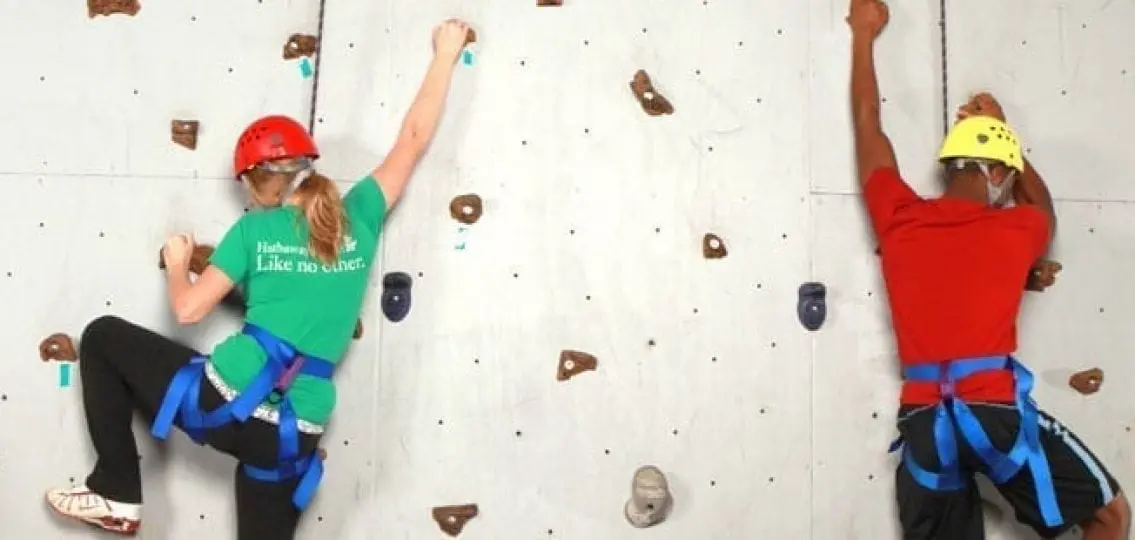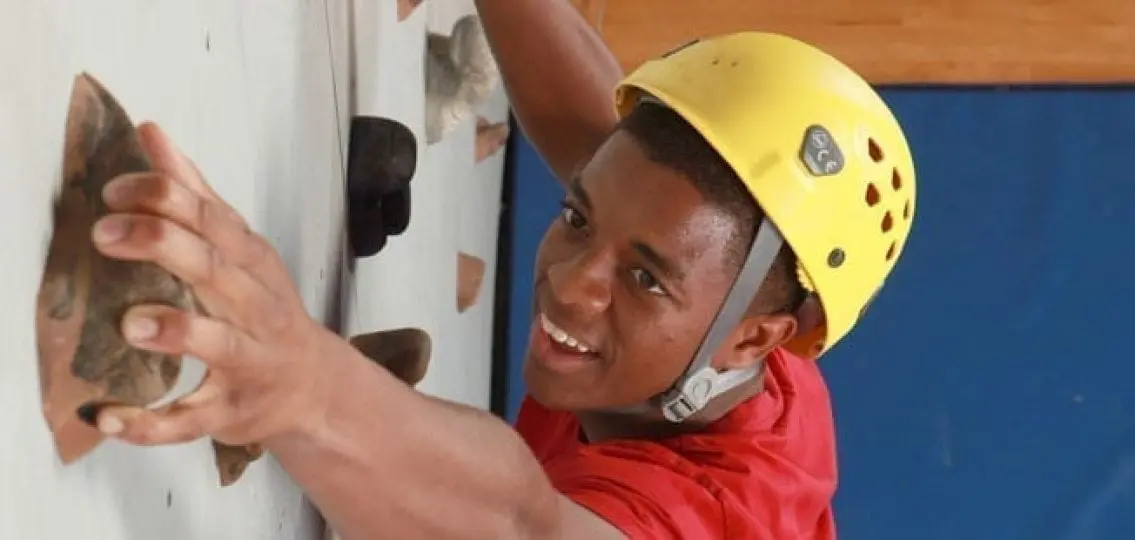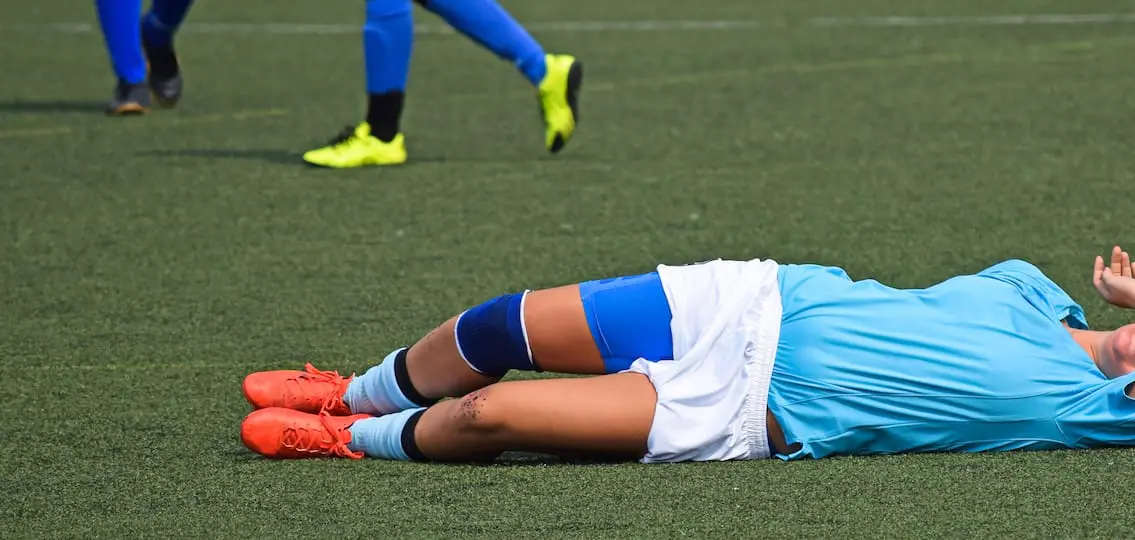Two minutes into the last game of my daughter Maddie’s first travel soccer season, I watched her stand shoulder to shoulder with an opposing player twice her size. As Maddie tried to gain position, I thought about how much she had grown, both in confidence and skill, since the beginning of the season.

The other player won the ball and Maddie went down. In the chaos of the moment, Maddie’s hand was stepped on and kicked. She hesitated for a moment before standing and then tried to play on. But it was clear from the way she moved that she was in pain. The referee noticed her, hunched over and heaving, and stopped the game as Maddie jogged off the field. She held out her hand: a purple bruise was punctuated by two deep imprints from soccer cleats.
Through her tears, Maddie retold the experience while we went for ice. She wasn’t angry at anyone; she knew they were all just going for the ball. Once she’d calmed down and we’d iced her hand, she started to wiggle her fingers. I asked her whether she wanted to return to the field and watch the game from the sidelines or go back and play.
She didn’t hesitate. “I want to play.”
The players were lining up for the second half when Maddie jogged onto the field and played the rest of the game. She was clearly favoring her injured hand, but that didn’t stop her from going full throttle. On the ride home, she shared her frustration at having to come off the field for her injured hand. I asked her why she had gone back in. She said, “I knew I’d feel worse if I’d just sat on the sideline and watched them play.”
Grit. Her comment made me think of that trendy word, the one that is pushed and promoted as something of utmost importance. Sure, showing courage and strength of character is important, but I think it’s just as important why a child might demonstrate this trait, whether it’s authentic and self-motivated or the reaction to external pressures and a need to please.
I’ve been around youth sports long enough to know that some parents and coaches push children from a very young age to be tough, to ignore pain, to show grit. Shake it off— a phrase used to encourage children to overcome minor spills—is uttered even when dealing with more serious injuries. I’ve witnessed soccer coaches berate nine-year-old players, telling them they are not worthy of being on the field, demanding they fight through the pain and win.
This type of expectation might encourage children to ignore pain because they believe the adults in their life value grit—and winning—over safety.
That’s the downside of resilience.
I am all for developing resilience in our children, but we need to be careful about how we teach and model this.
With this in mind, I followed up with Maddie. I asked her if she felt pressured to go back on the soccer field. I told her that it would have been okay for her to sit out the rest of the game. And I emphasized that we trusted her judgment to know how she was feeling and whether she was up to playing.
She said, “Dad, I wanted to go back into the game. I like to think of myself as tough, and I know how I’d feel if I didn’t go back in.”
Maddie is twelve. She is still open and honest about her feelings. So I believe she was telling the truth about her reason for wanting to play through the pain.
But I still wonder whether she’s capable of fully understanding whether it’s her own resilient nature or the pressures of her community that inspired the grit that sent her on the field.
In the end, why she chooses to get back in the game is as important as whether or not she does.

I believe we are born with certain levels of resiliency. And I imagine these levels rise and fall based on our experiences and support systems. I may never know whether Maddie’s resilience on the soccer field was innate or manufactured. Either way, the best I can do is open the door for conversation and authentic reflection. It’s my hope that when she examines her successes and failures, she will eventually be wise enough to know—in those moments—when to take a break and when to press on.




